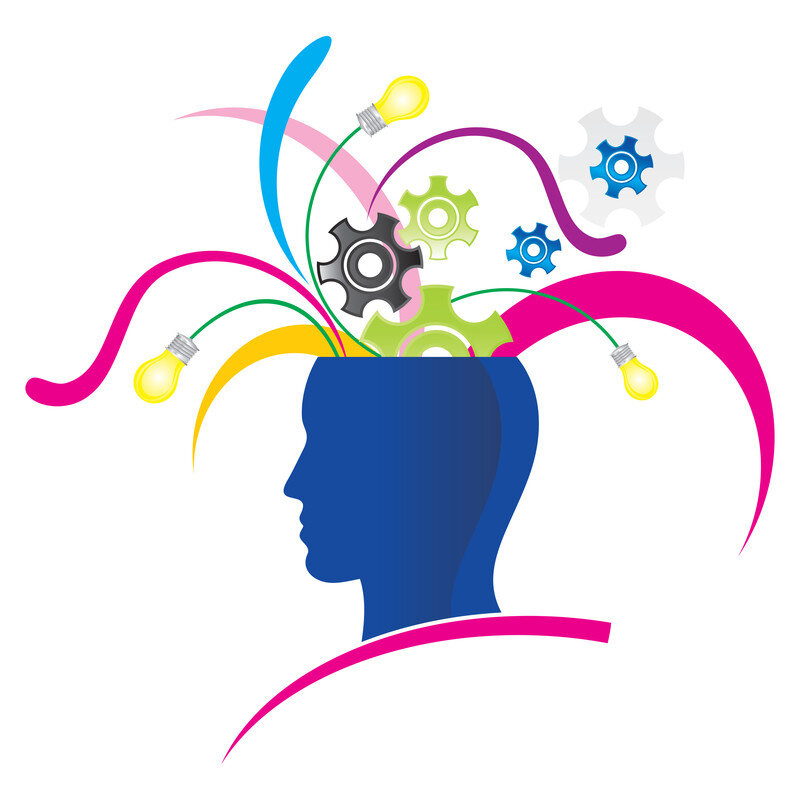Developing a Flexible Mindset in Students
A flexible mindset helps in leveraging self-awareness and strategies needed to achieve a growth mindset. It is the interaction between self-awareness, determination and adaptive strategy use that empowers students to evolve and become self-directed.
The flexible mindset framework allows awareness and understanding of one's own thought processes which in turn helps students understand the process of learning.
Let’s take a look at how flexible mindset can be developed in students that will motivate them along the path of directing their own learning journey.
Teach about the brain
Kids as young as four years have the ability to explore the brain and understand how we learn. Students at all levels can be taught to describe simple functions of the brain and identify their personal learning-related strengths and areas for improvement. Teachers can be equipped with the science of learning – how stress can take over the prefrontal cortex and what happens in the brain when we make mistakes. This makes it possible to normalize mistakes, teach students the value of not knowing, and model how to deal with material to make it their own.
Ground learning in metacognition
Emphasis needs to be on self-awareness, the perspectives of others, and what works when. Flexible mindsets extend beyond conventional measures of metacognition by building self-awareness around skills such as curiosity, adaptability, critical thinking, complex problem-solving, and creativity.
Build relationships
Teachers can examine how their cultural attitudes, values, fears, and beliefs about kids affect their actions and how their life experiences can influence current behaviours. Trust follows with the intentional use of language that tells students that the teachers are authentic, receptive, solution oriented, reliable, and committed to their needs. This paves the way for co-learning and development of flexible mindset.
Learning strategies
Since students have never been taught how they learn, they come up with their own learning strategies that are mostly ineffective. Educators can teach students about learning strategies by modelling, labelling, and sharing the actual strategies that are being used in the classroom.
When students start using effective strategies which are based on current evidence about how the brain learns, it helps them develop a flexible mindset. These strategies need to be explained frequently so that students can experience the benefits of studying smarter and appreciate the value of focusing not only on the content of what they are learning but also on how they are learning. It helps in motivating students to learn and apply new learning strategies.
It is imperative that students be equipped with the tools they need to respond resiliently and adaptively to uncertainty and adversity. We need to prepare students to be curious, make mistakes, take risks for learning and thus enrich their learning journey.
ICT 360 provides NEP aligned, STEM accredited ICT curriculum with ready-to-use content, design and computational thinking approach to projects as well as interdisciplinary learning material on an online platform that caters to today’s relevant technologies and future skills requirements. It is designed to help teachers improve their instructional practices with 21st century teaching skills through train-the-teacher program, build a strong foundation to empower students with the ability and skills to design & create amazing things on their own in a fun & engaging environment, excel in academics and prepare them to be industry- and career-ready.
With 50+ partner schools across India, it aims to empower students with creativity, problem-solving, design and advanced tech skills from an early age. These skills are essential for future job roles like AI & ML Specialist, Game Designer, Graphic Designer, Software & Applications Developer, Animator, Robotics Engineer, Data Analyst, and IOT Specialist.

